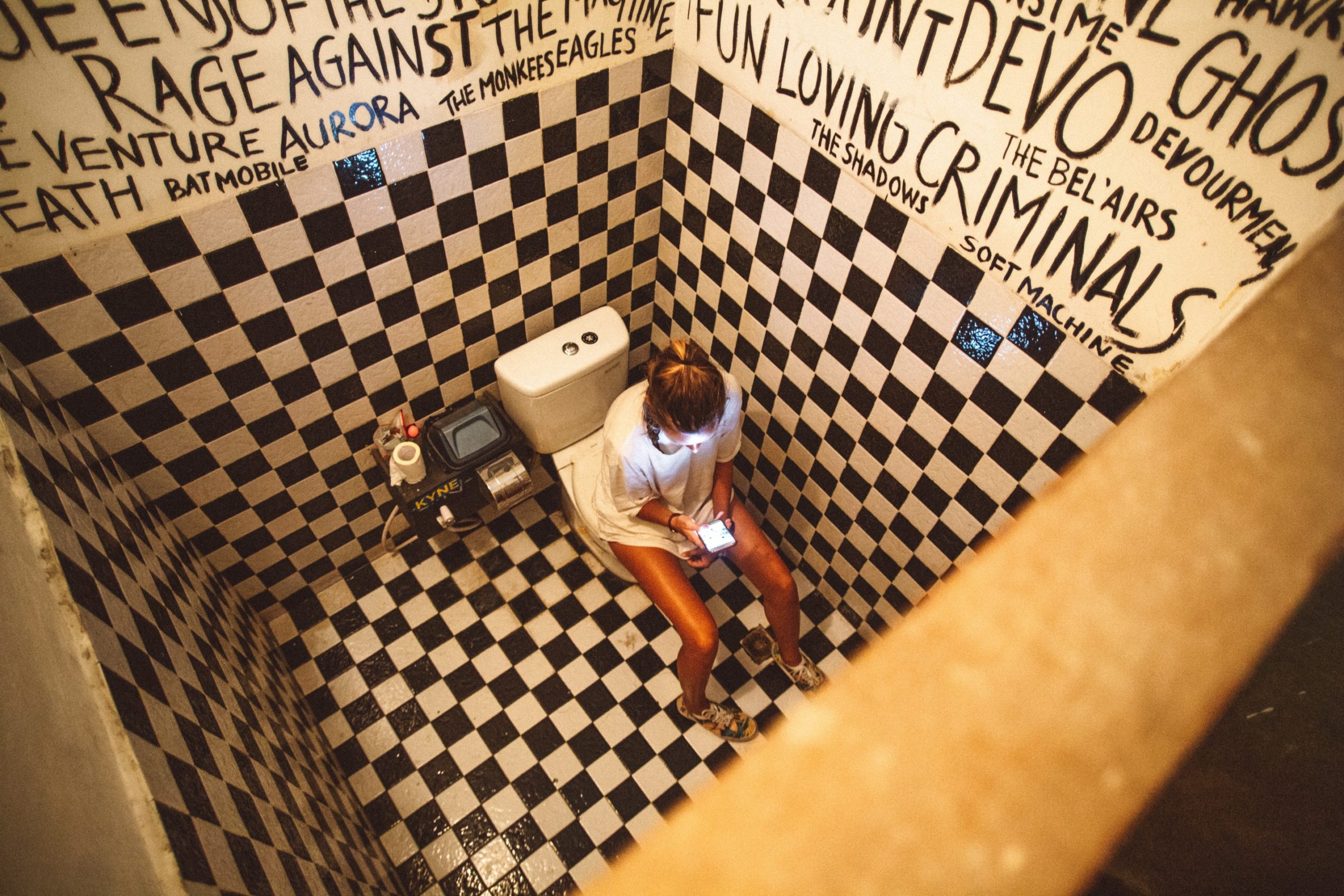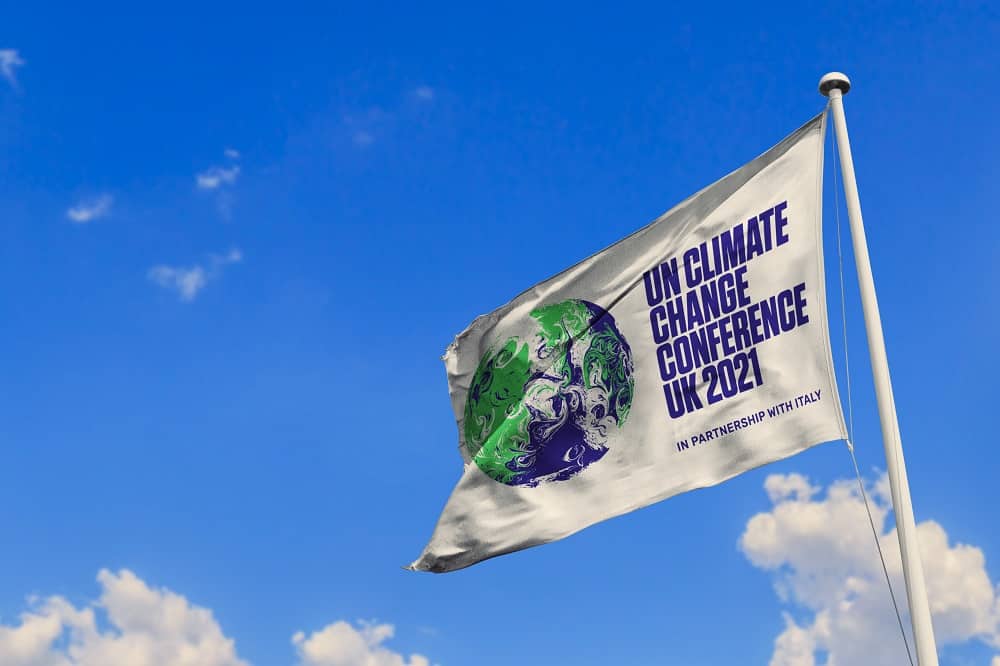In the past year, private social media companies like Instagram and Twitter have been consistently censoring and suppressing accounts talking about sustainability, Palestine, climate justice— anything anti-capitalist. How is Meta allowed to unilaterally invibilise discourses? And how can we collectively hold tech companies accountable in more structured ways?
Suppressing Palestinian Voices
In 1984, Palestinian American intellectual and Columbia University Professor Edward Said argued that Palestinians are denied “permission to narrate”. As tensions grew in Israel and Palestine last year, so did the blatant social media censorship of Palestinian voices and those in solidarity. Alison Carmel Ramer, a researcher at 7amleh, wrote, “In general, Palestinian content is over-moderated.” He noted that posts are often suppressed because they “appear” to be connected to terrorist organisations. (Many Palestinian leaders are designated as terrorists by the United States which means social media censorship for content related to them is higher.)
@left.sg, an account that posts anti-imperialist and anti-capitalist content, tells Green Is The New Black: “My first Instagram post on Singapore’s connections with Israel was taken down four times at the height of Israel’s bombing of the Gaza Strip in May last year. On that same day, at least hundreds of thousands if not millions of posts from Palestinians and other people supporting the Palestinian struggle were taken down too.” The post never came back up and there was no opportunity to appeal these decisions. It doesn’t come as a surprise then that Adam Mosseri, an American-Israeli businessman, is also the Head of Instagram.
The mainstream support of Israel and suppression of solidarity for Palestine was so explicit that it created some bad press for Instagram and Twitter. They then issued statements saying there was a “glitch” on their system which resulted in these posts being taken down. “It’s authoritarian,” @left.sg reiterates, “because who holds them accountable? Who checks whether this was actually a glitch? Who is to stop them from doing this again in the future and just saying oops sorry it was the algorithm!”
Instagram is deleting Palestinian stories on the ethnic cleansing happening in Sheikh Jarrah, as well as stories related to the murders of Indigenous women on Turtle Island.
This is silencing & censorship. These are the violent tactics of digital colonialism. #SaveSheikhJarrah
— sara m. saleh | سارة صالح🥄 🍉 (@SaraSalehTweets) May 7, 2021
In another recent incident, @notshathaa, a Twitter account posting in solidarity with Palestine, was taken down for ten days and only because of widespread support from the community was it reinstated three days ago (January 28). Technology is never neutral. “If we aren’t currently the main targets of big tech censorship,” Ben Burgis writes for Jacobin, “that’s because they don’t take us sufficiently seriously as a threat to their economic interests.”
“Content Moderation” in Climate Justice
Again, “content moderation” is a myth. Wall Street Journal wrote a story about how Facebook creates a “whitelist” of high-profile accounts, making them immune from censorship for posting the kinds of things that would get other users censored, suspended or even completely banned. The company’s censors go after low-level users, taking down content in the name of “moderation”.
Lately, several accounts in the climate justice space have been shadowbanned (which is much more insidious because it happens without their knowledge) and censored: Slow Factory (an open education institute focused on collective liberation, advancing climate justice and social equity through programs that centre the perspectives and concerns of the People as opposed to capitalist ends) lost access to the account due to a supposed “error” that left them in limbo for ten days. This happened when they were working on an active campaign exposing fossil fuel companies involved in COP26, and urging global PR agency Edelman to stop representing ExxonMobil in its pro-extraction lobbying. Fashion Revolution (they campaign for a fair, transparent and accountable fashion industry, through extensive research, education and mobilisation) and Advaya (a global platform organising events, online courses and more for transformative education that sits at the intersection of ecology, wellbeing, and community), too, were locked out of their accounts and had to rely on their community’s support to get back up again.
How dependent are we on tech platforms to mediate our relationships with our communities? To understand more about how their work is affected, we spoke to Ruth MacGilp, communications manager at Fashion Revolution:
On being locked out & how they got back on the grid
Ruth: Fashion Revolution has over half a million followers and Instagram is a major channel for our work so the idea of it disappearing overnight was incredibly stressful. We managed to get it back in just over 48 hours only because of the amazing support of our followers who tagged Facebook, Instagram, etc across all channels to get this issue recognised. (We did try the conventional routes of talking to customer service but that was incredibly slow and the online noise allowed us to directly get in touch with individuals who work at Instagram which was faster.) It was all hands on deck.
On state-controlled censorship & adaptive revolutions
Ruth: We can never say for sure how Meta is affecting our platform because it’s incredibly hard to dissect the algorithm and anyone who tells you they know is probably misguided. What we do know is that it’s getting increasingly difficult to get organic reach both within the people who follow us and those who don’t.
The opacity of their internal workings makes it really hard for us to know whether we’re being shadowbanned and “punished”. It’s all a guessing game. We see growth but it’s hard to do so without paying for ads. And we know we’re not unique in this situation. We know that other organisations have had their accounts disabled or shadowbanned for supposedly breaking some kind of guidelines that they’re not.
This is an incredible moral dilemma we face every single day. We can’t not be on these platforms. They are the number one way to reach huge amounts of people outside of the mainstream press and offline activation is becoming harder in the COVID world. But at the same time, it’s difficult to talk about things on these platforms that come with their very own record of “violations”. Being locked out was more of a wake-up call in that we need to diversify the ways in which we reach people.
On holding tech companies accountable & what we can do
Ruth: I’ve worked in social media for many years. It’s a constant battle. All you can really do is stay integral to your values and if the platform kicks you off, you’ll still have your own channels such as your website, that’s really important to build, and newsletters and offline activations. It’s also important that we are using these channels as part of a global network of the people most impacted by fashion’s negative impact throughout the supply chain.
We absolutely should be holding companies accountable in the same way that we encourage people to hold fashion companies accountable. We should be publicly holding them accountable, which we saw in real-time with our community mobilising around our account. We need to see more of that and also encourage policy-makers to hold them accountable in the same way that we work towards in fashion.
For anyone who is running an account that’s facing similar challenges, I would say invest in your own channels and don’t put all your eggs in one basket. It could disappear for good. You have to build strong networks and communities outside of singular platforms. Make strong connections with those communities that do follow you on Instagram. With Fashion Revolution, every Fash Rev team within the global network, which is across 92 countries, stood up. That’s what got us out. Develop genuine, authentic relationships with people and don’t just put content out there and leave it.
Democracy is in danger—what now?
On top of being constantly surveilled and censored, several accounts are being deleted and many are not restored (most users create backup accounts but it’s not long before those are taken down too). Already marginalised communities are losing agency and their digital spaces/networks. First and foremost, Meta must be forced to restore all blocked content.
Democracy is in danger. And the best way to preserve it is with structured organising that eventually reclaims the digital domain by bringing it out of the greedy hands of privatised social media companies into the control of the masses. This will take time, and it extends worldwide, given the intimate relationship between authoritarian governments and the private sector.
Alongside that, we need to find new ways to meet outside the grid. We have a lot to learn from Myanmar’s example: with Myanmar’s military taking over the internet, a large number of pro-democracy protestors have now migrated from social media platforms to the dark web and fringe communication platforms to circumvent censorship. Hacktivist groups are also raising awareness through alternate technologies to escape from government controls and organise physical gatherings.
Within the present system, technology might aid our liberation but it certainly won’t liberate us. Tech companies cannot and should not be allowed to hold our collective action. On that note, check out the incredible Tech Won’t Save Us—specifically this podcast on Envisioning Platform Socialism w/ James Muldoon in which Parix Marx and Muldoon discuss how platforms can be reorganised to serve the public good over corporate profit.




